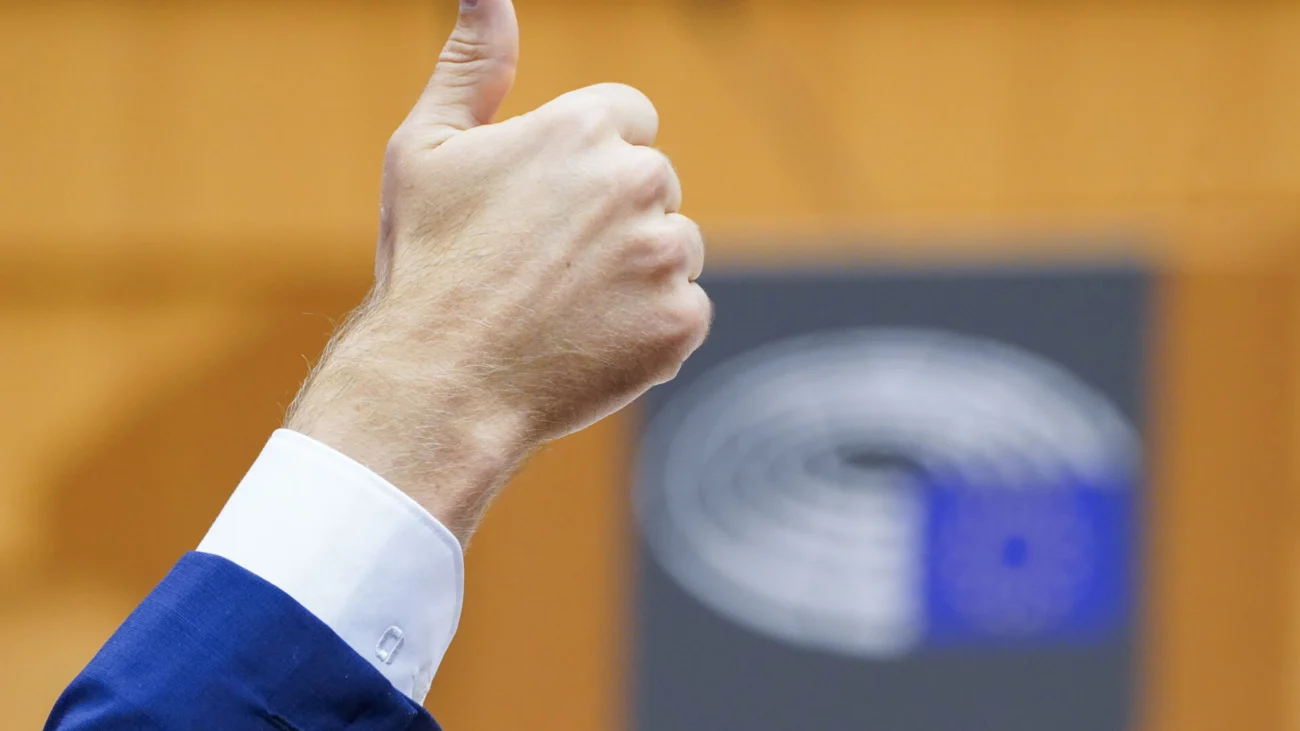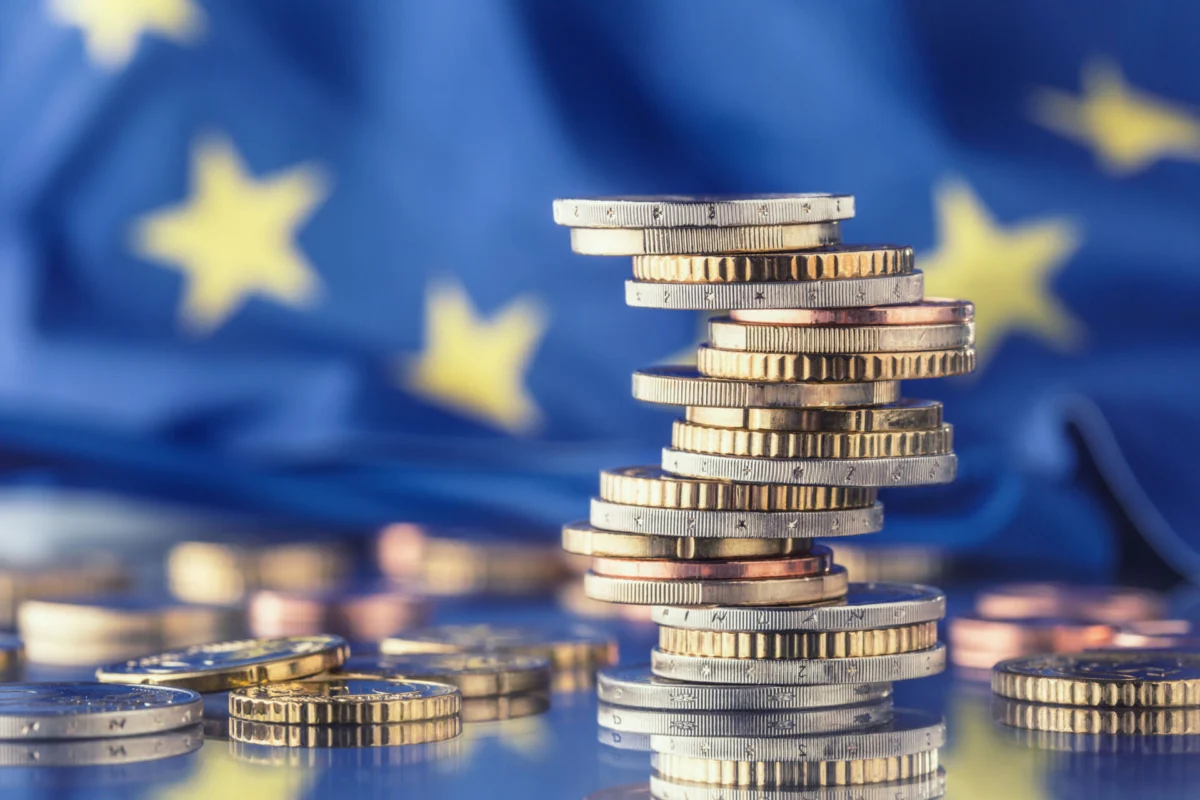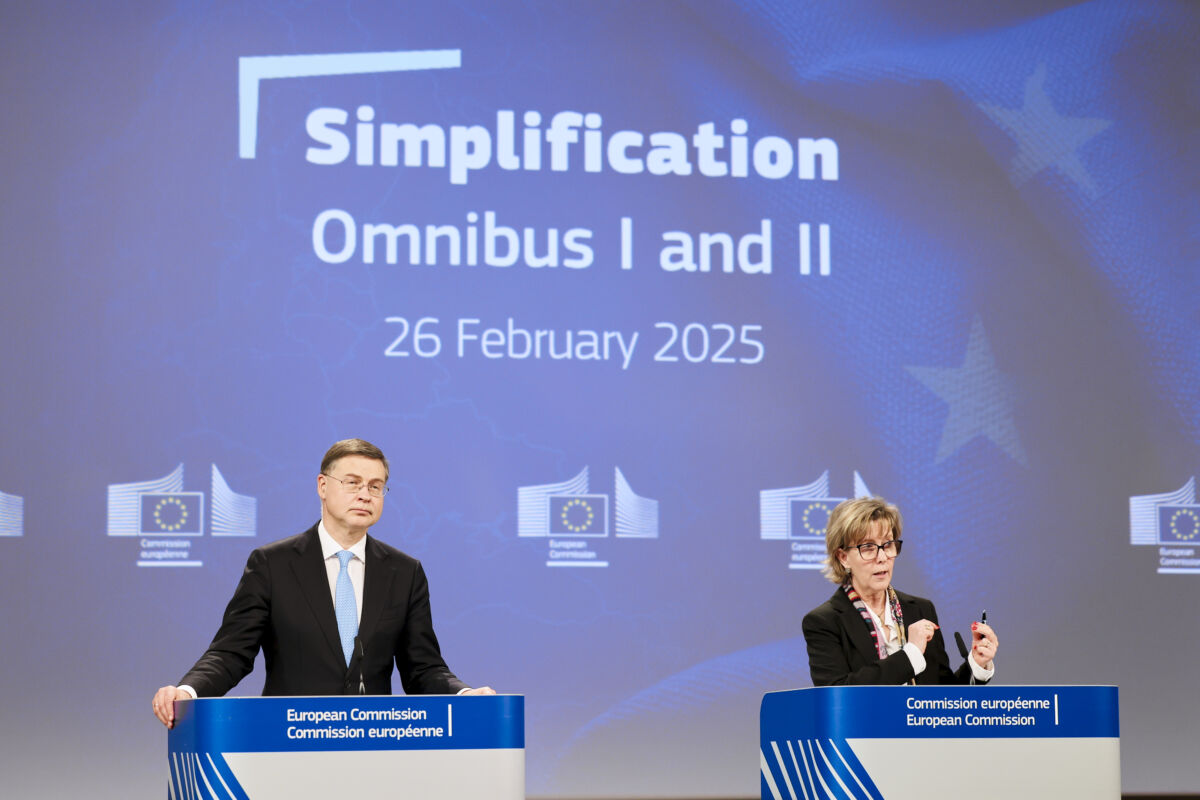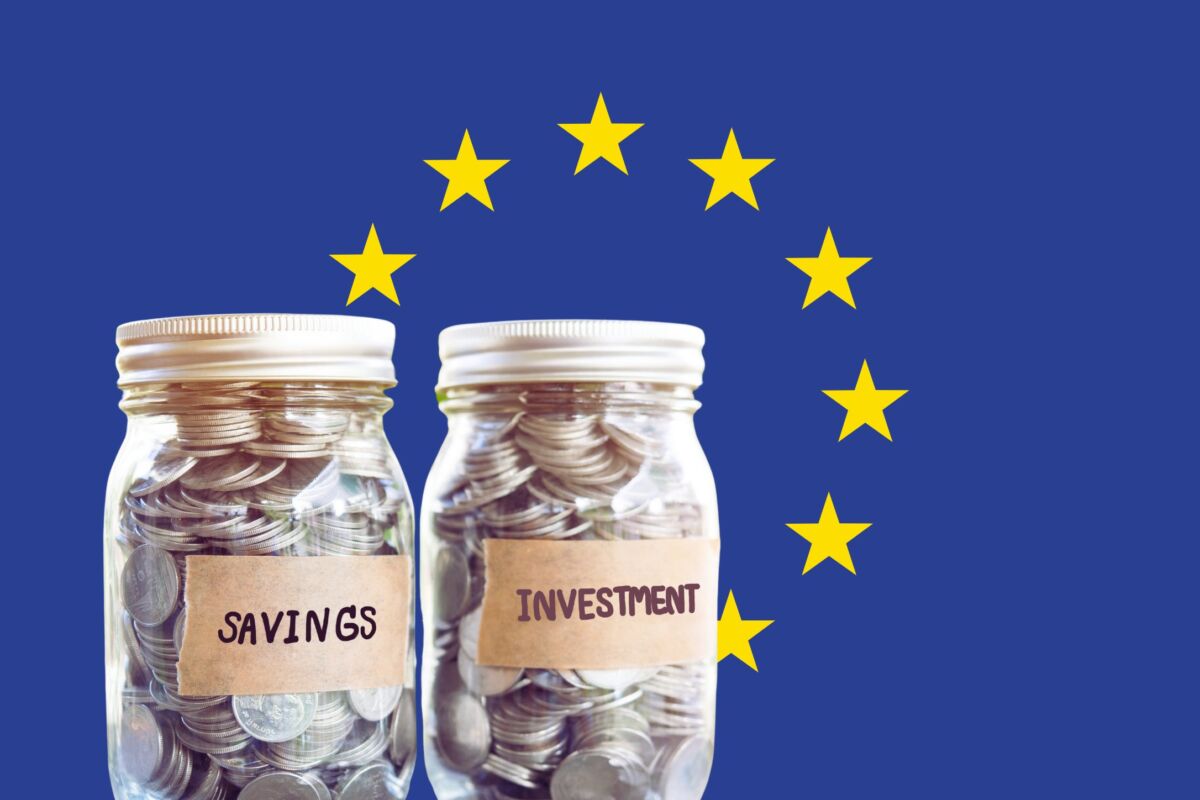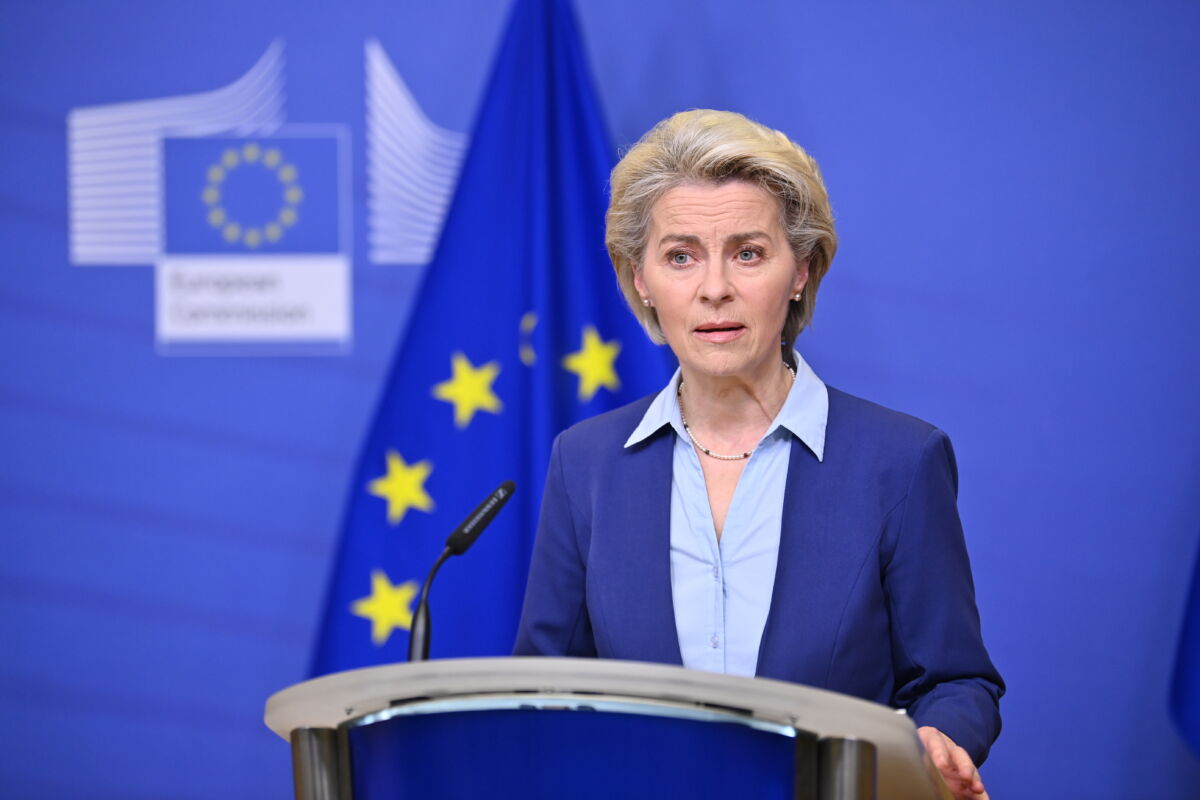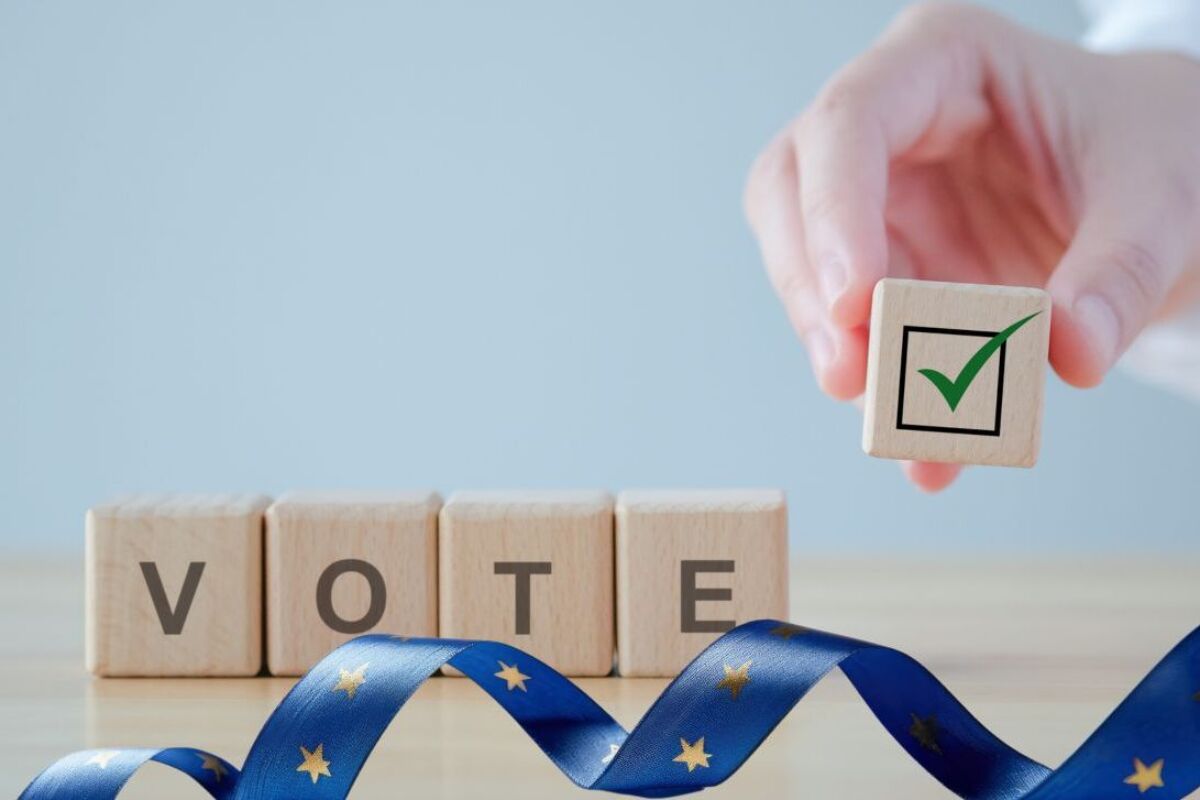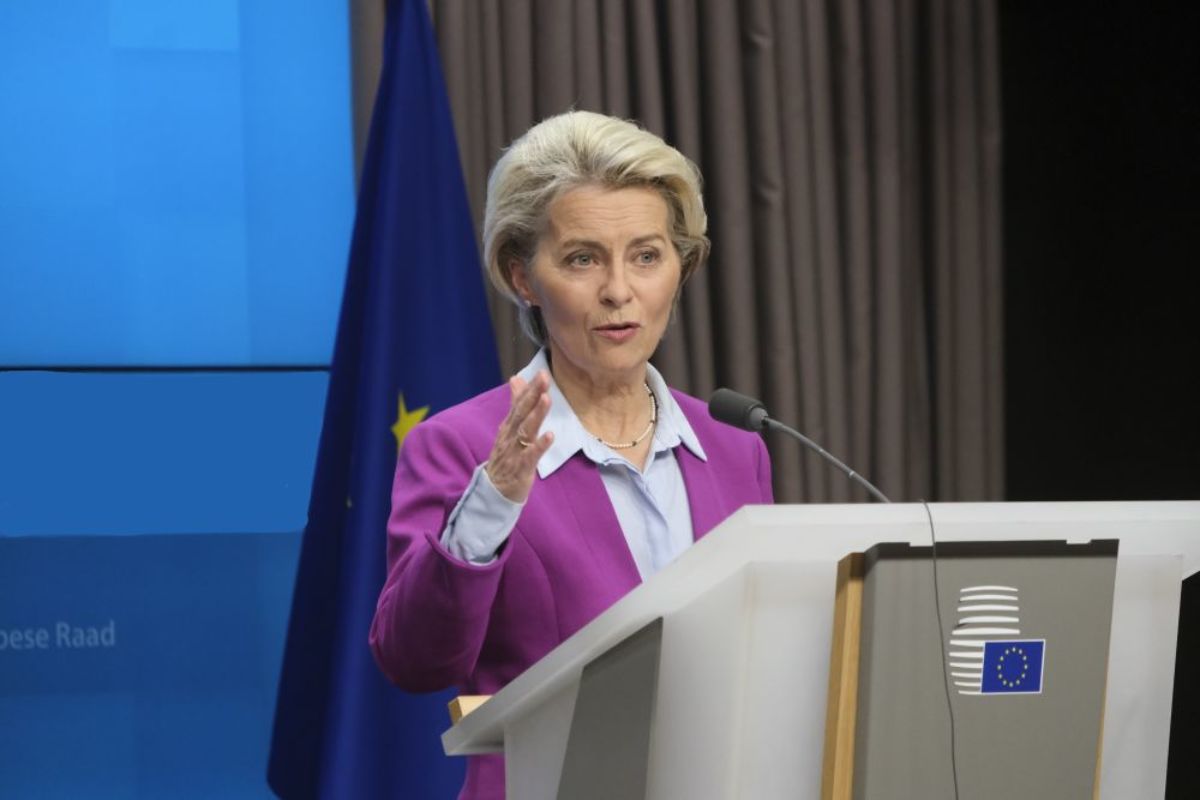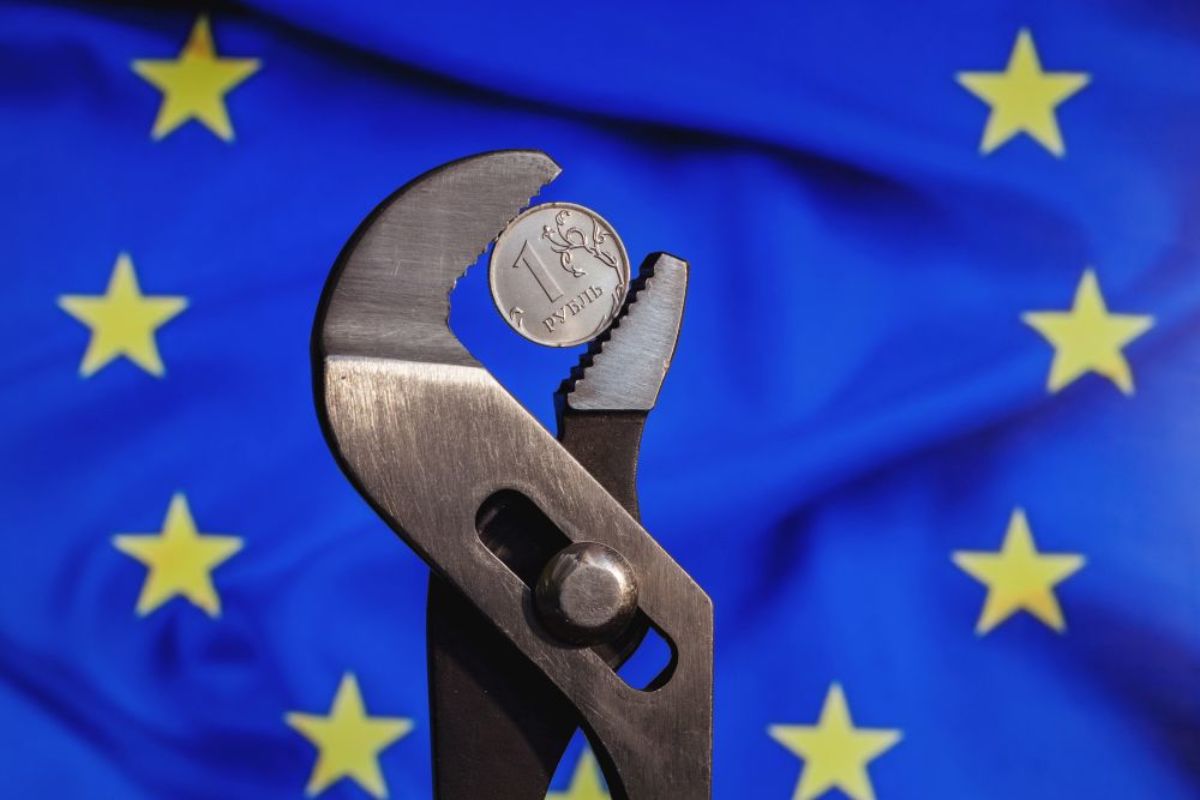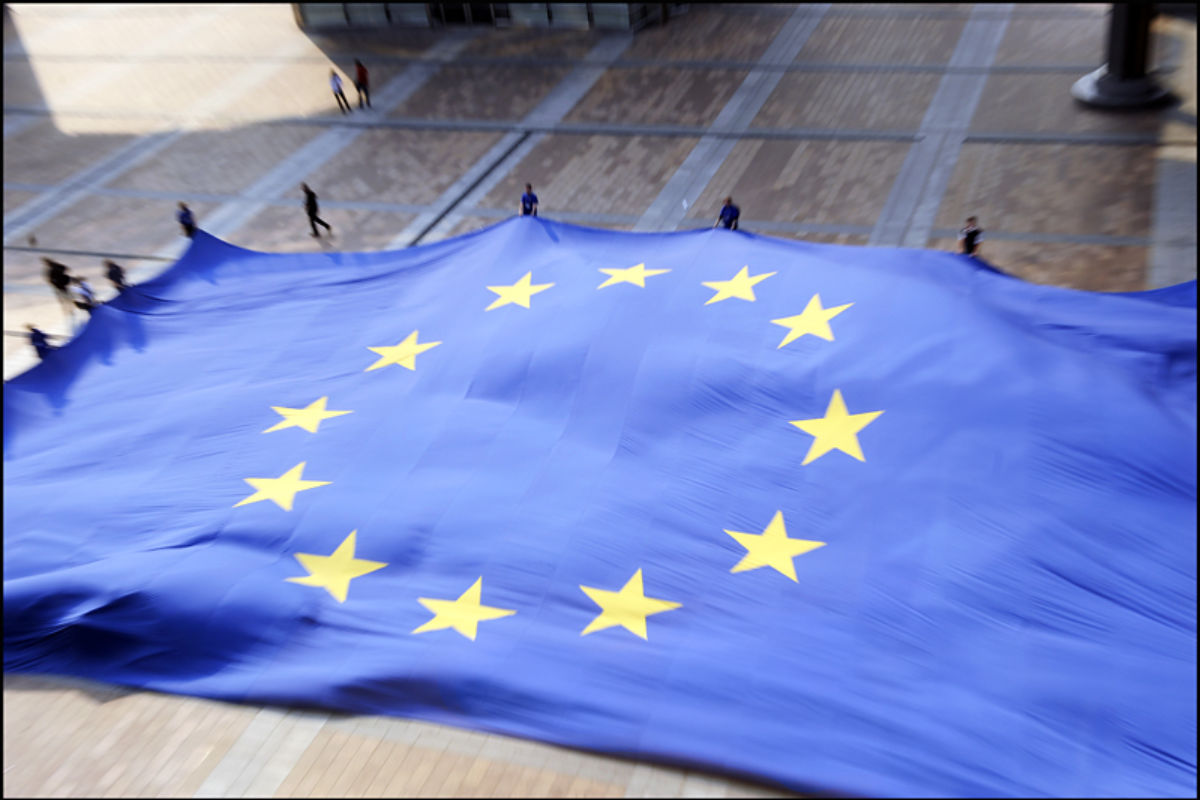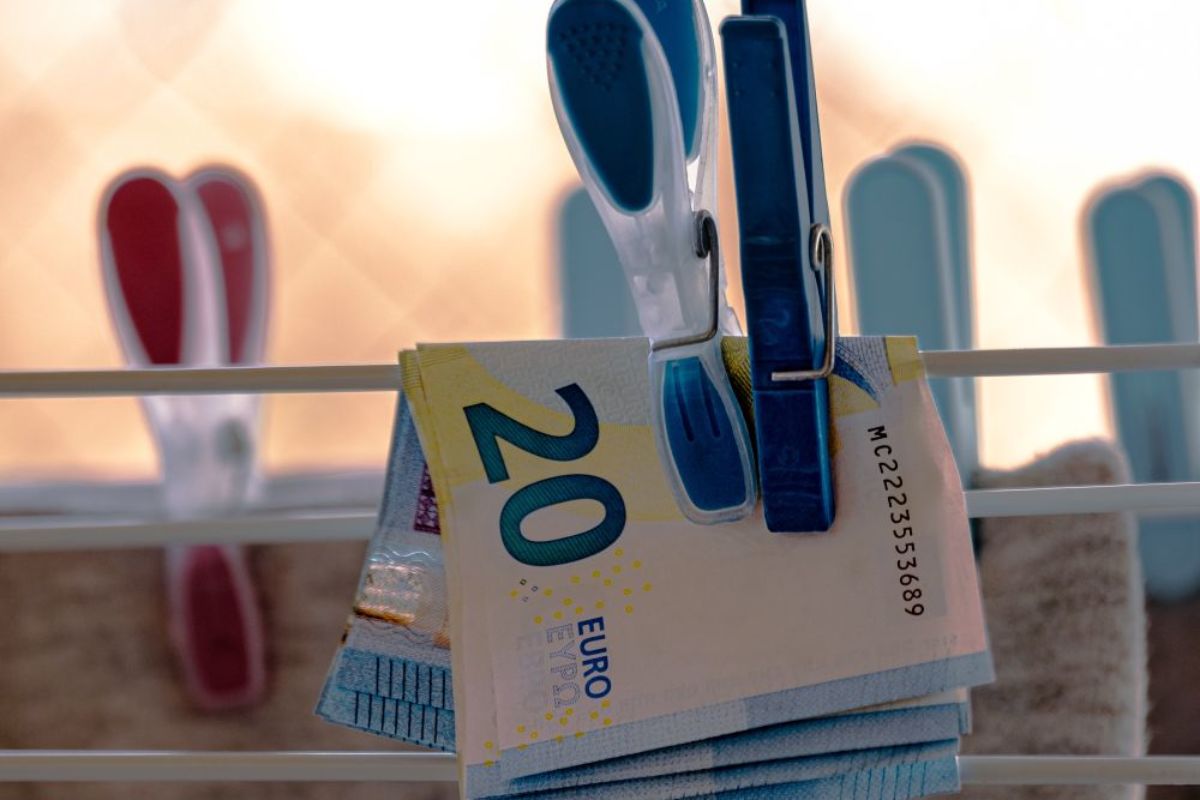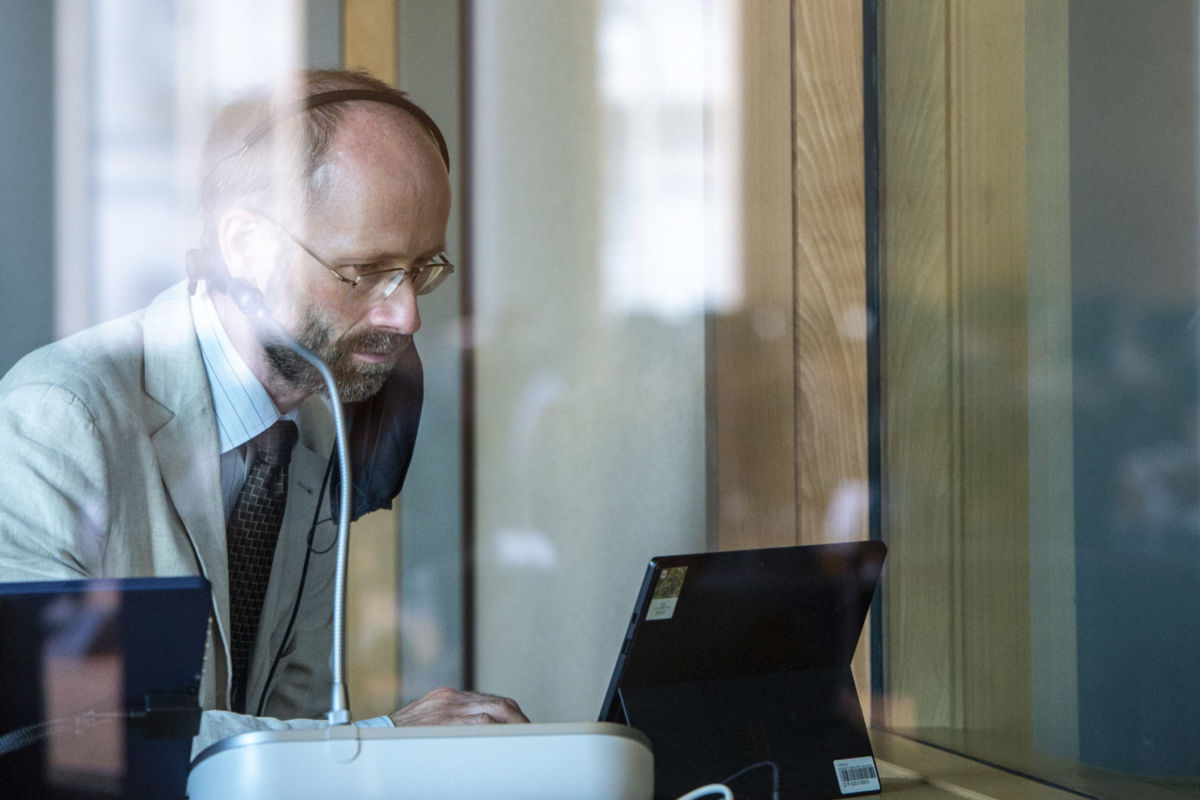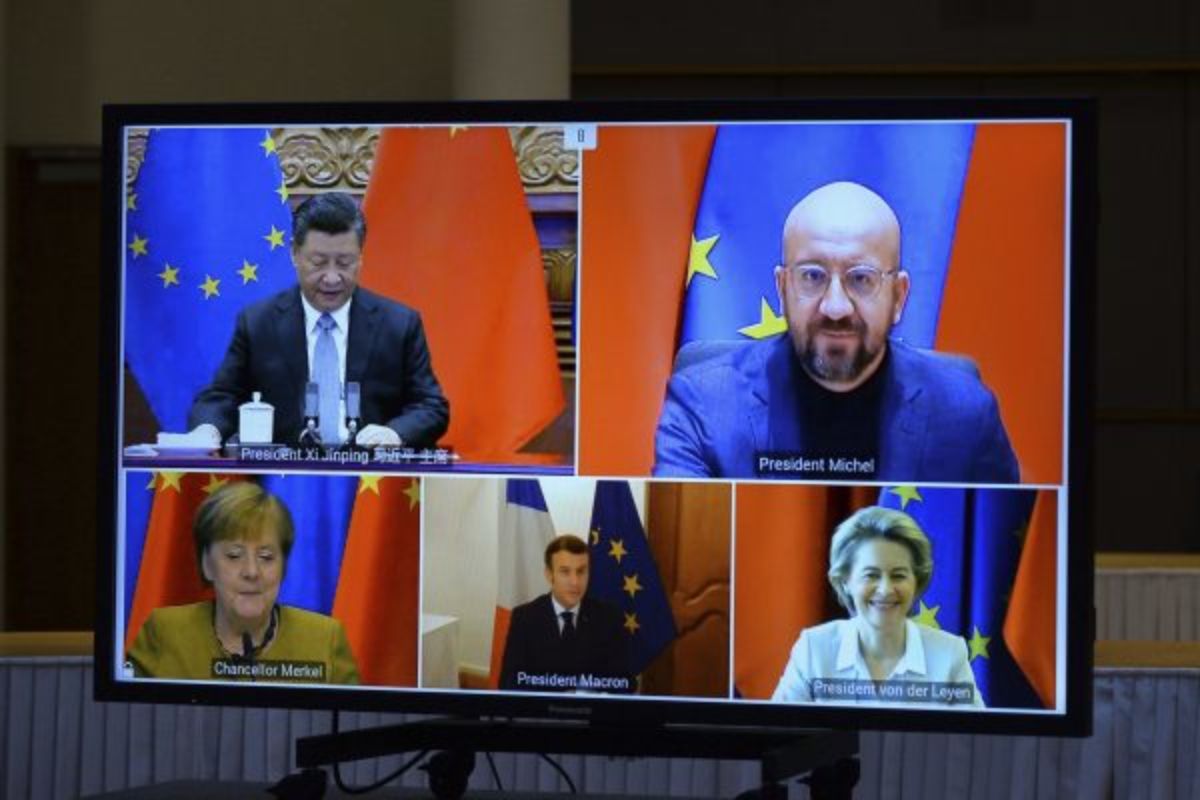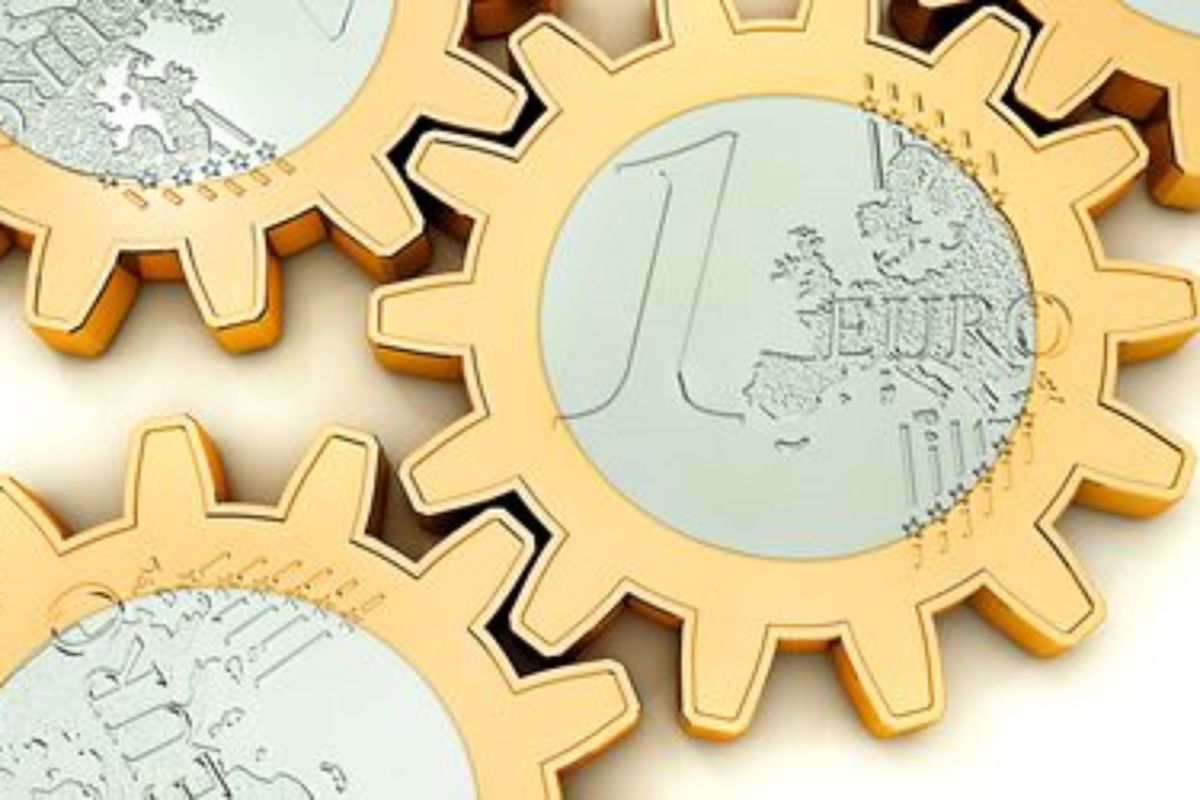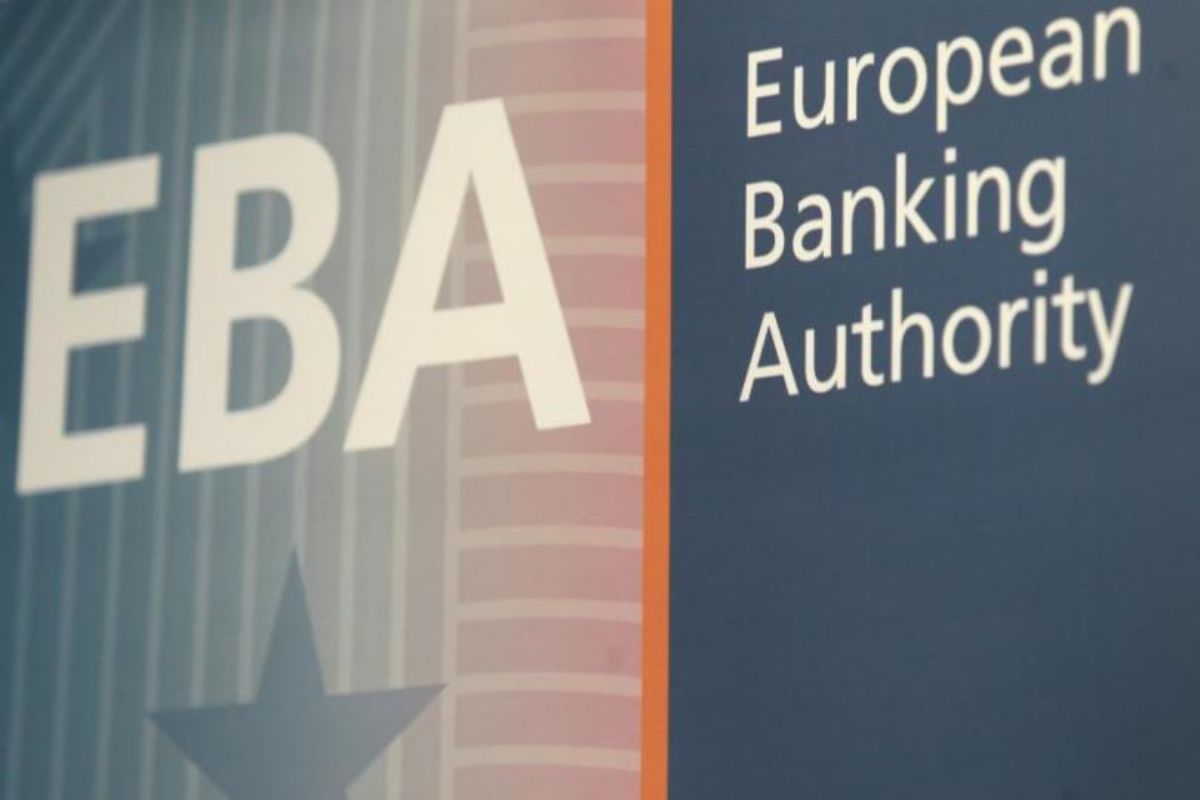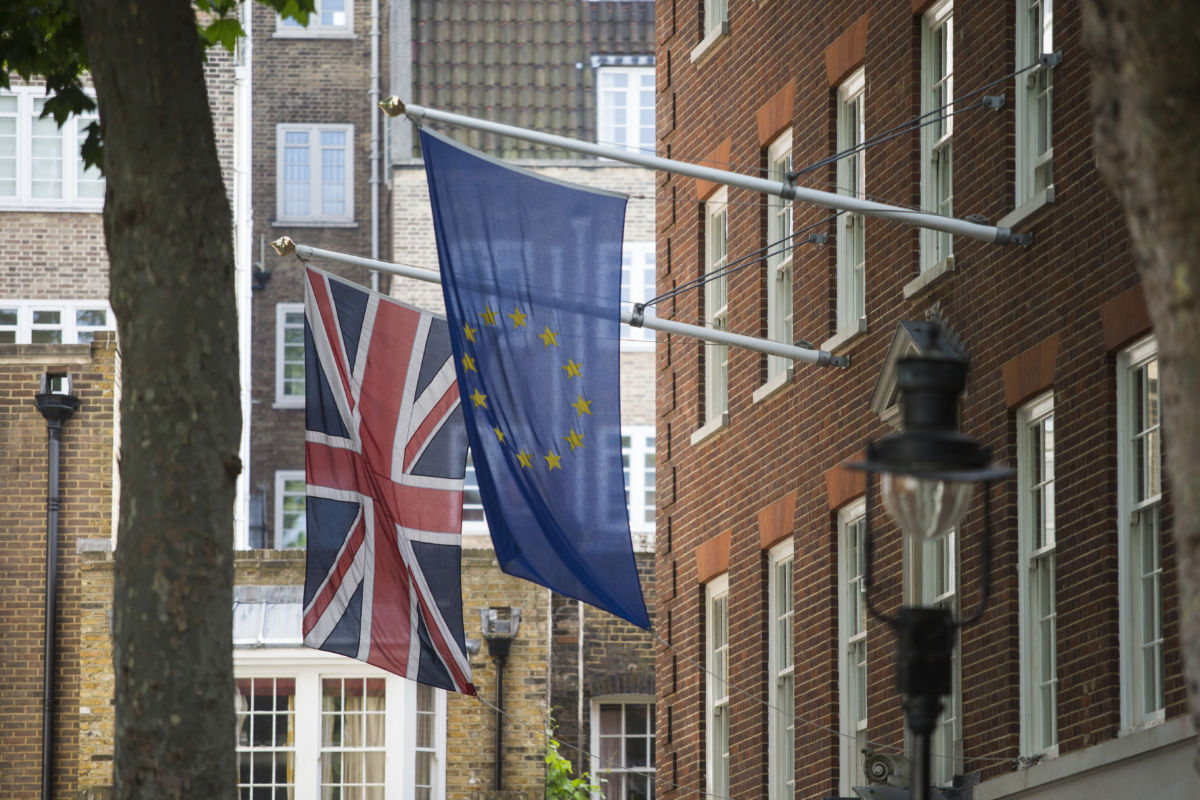A recent vote in the European Parliament on the implementation of the Corporate Sustainability Reporting Directive (CSRD) may well be remembered as a turning point – not just for EU sustainability policy, but for the Parliament’s credibility and the direction of European politics in general.
On the surface, the vote concerned a relatively technical matter: whether to postpone the adoption of certain sector-specific standards for sustainability reporting. But beneath that technical layer lies a far more troubling reality. For the first time in this legislative term, the centre-right European People’s Party (EPP) voted in explicit alignment with far-right and Eurosceptic forces to weaken a cornerstone of the EU’s green and sustainability agenda.
The implications are serious and urgent.
A procedural pretext, a political signal
The European Commission’s decision to delay the sectoral standards by two years was already a concession to mounting political pressure. It was justified on the basis of ‘administrative burden’ and ‘reporting fatigue’ – phrases that have increasingly become code for diluting hard-won transparency gains. But the Parliament still had a say.
Under the EU’s scrutiny procedures, MEPs could have objected and sent a signal that delaying climate and social accountability is not politically neutral. Instead, the EPP not only endorsed the delay, but actively mobilised to defeat a progressive-led motion of objection. To achieve that, it joined forces with the far right and hard Eurosceptics, who have openly attacked the Green Deal, questioned climate science, and campaigned on dismantling EU law itself in the process.
This isn’t just a policy dispute. It’s a political signal that should alarm anyone concerned about the health of European democracy and the integrity of its policymaking process.
Three things were undermined
The vote may have taken minutes, but its consequences span three critical domains.
The CSRD’s credibility and the future of sustainable finance. The CSRD was hailed as a game-changer when adopted – a world-leading effort to bring transparency and comparability to corporate sustainability data. It promised clarity for markets, accountability for civil society, and enforcement for policymakers. But its effectiveness depends on the timely development of sector-specific standards, without which the disclosures risk becoming generic and toothless. Delaying these standards effectively hands a victory to lobbies seeking to postpone, water down or even derail transparency on environmental, social and governance (ESG) aspects altogether. Investors, banks and stakeholders relying on these standards for due diligence and risk management are now left in limbo.
The EU just told the world that even its most advanced sustainability framework is vulnerable to last-minute backtracking.
The integrity of the green agenda. The Green Deal is not a single law – it is a dense ecosystem of interdependent files. These cover energy, transport, finance, reporting and agriculture. Undermining any of them affects the whole system. CSRD is the foundation of many other rules as it feeds into the Sustainable Finance Disclosure Regulation, the EU Taxonomy Regulation, transition plans and corporate due diligence. By enabling this delay, the European Parliament weakens its own legislative legacy and casts doubt on the continuity of EU environmental policy across terms. It emboldens those who argue that the EU is retreating from its green commitments and that enforcement will never match ambition.
If that message takes root (among investors, partners and the public), it’ll be much harder to rebuild trust.
The role and standing of the European Parliament. Perhaps most concerning is what this vote reveals about the Parliament itself. For years, particularly in the last legislative term, it has been a driver of ambitious climate, social and human rights regulations – often pushing the Council and Commission to raise the bar. It has built a reputation as the defender of long-term interest over short-term expediency. But that role has reversed.
The Parliament didn’t assert itself. It capitulated. Worse, it did so not through a compromise with pro-European centrists, but through convergence with the far right.
A new political alignment is emerging
This isn’t an isolated incident. We’re witnessing the early stages of a political realignment, where the traditional pro-European centre right is flirting with the illiberal right – not just on migration or agriculture, but now also on finance and corporate accountability. It’s a strategic gamble by the EPP: to reclaim political territory by embracing the rhetoric of ‘overregulation’, ‘burden’ and ‘competitiveness’ at the expense of climate, social and transparency commitments.
That gamble may cost the EU dearly. Because the far right isn’t content with rolling back specific files, it’s seeking to delegitimise the very notion of common European rules. Every time the EPP relies on far-right votes to secure its position, it risks normalising that objective.
There’s still time to draw the line
The sectoral standards may now be delayed. But broader implementation of the CSRD continues. So does the legislative work on related files – from the unfolding implementation of the Corporate Sustainability Due Diligence Directive to the ongoing negotiations on the Green Claims Directive, and the broader agenda of green financial regulation.
The Parliament has an opportunity, and a responsibility, to reclaim its standing as a guardian of ambition and democratic accountability. That begins with political clarity. Voting with the far right on a green rollback should never be shrugged off as tactical alignment. It must be debated, owned and, ideally, reversed. Pro-European parties have a duty to draw clear lines between themselves and those who seek to dismantle the EU from within.
It also requires defending the public purpose of EU regulation. Reporting standards aren’t a ‘burden’ imposed from Brussels, they’re a tool to protect European companies, investors, the public and the environment from unpriced risk, greenwashing and abuse. Diluting reporting standards may appease certain voices in the short term, but it undermines Europe’s economic and moral credibility in the long term.
Europe cannot afford to blink
The vote may be a footnote in legislative procedure. But its political significance is profound. If the European Parliament starts wavering on sustainability and transparency, the entire architecture of the Green Deal becomes vulnerable. This isn’t the time for equivocation. It’s the time for political clarity, institutional courage and a recommitment to the values that made the EU a global leader in sustainable governance.
Because once you start giving ground to those who do not believe in the project, it becomes much harder to defend it when it really matters.

